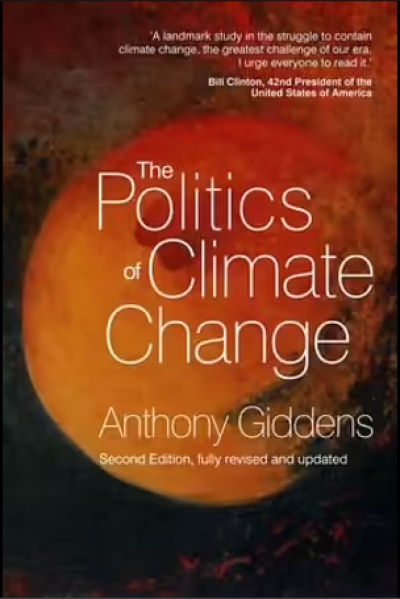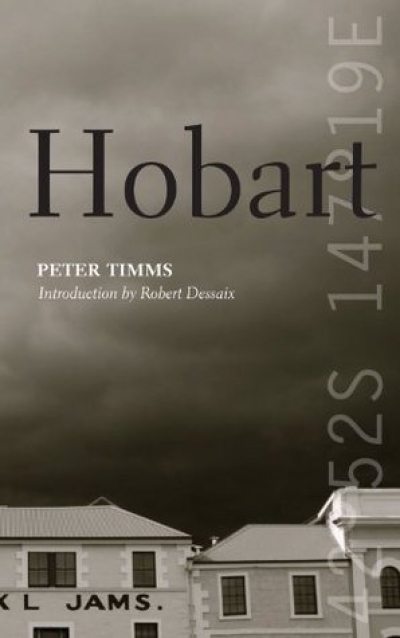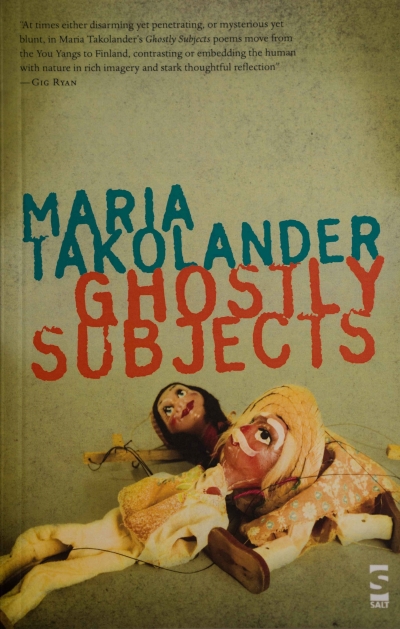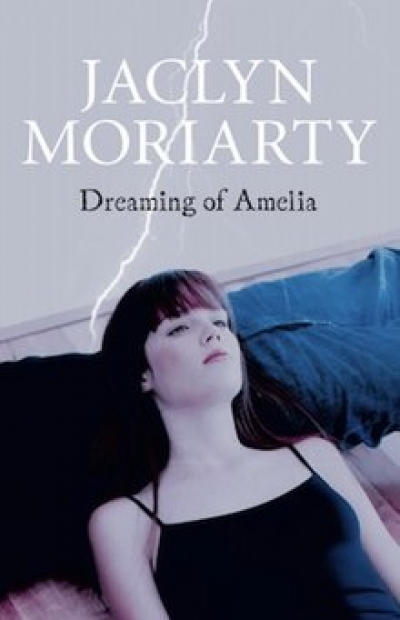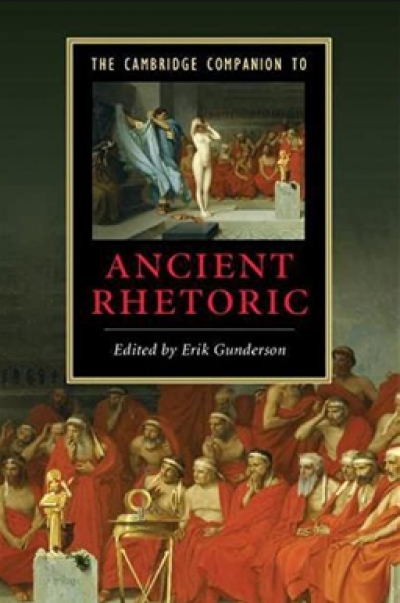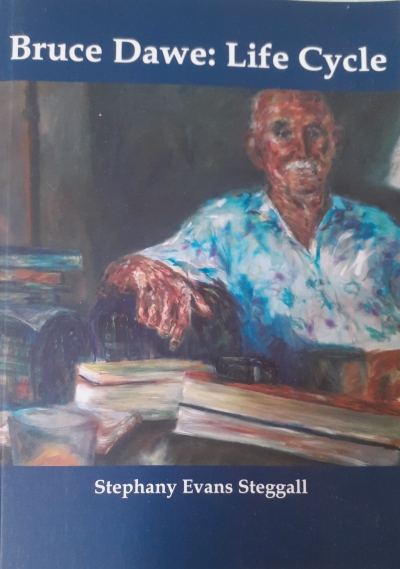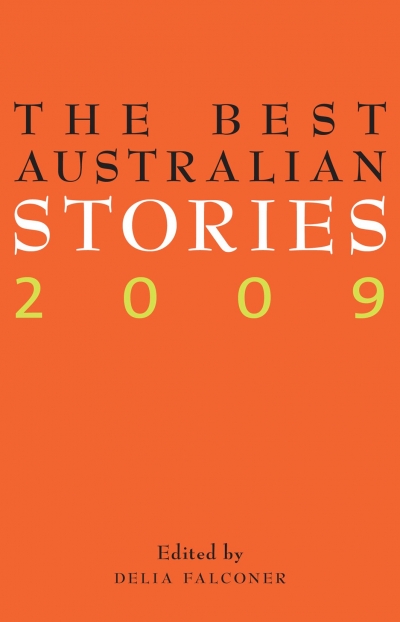Archive
Film | Theatre | Art | Opera | Music | Television | Festivals
Welcome to ABR Arts, home to some of Australia's best arts journalism. We review film, theatre, opera, music, television, art exhibitions – and more. To read ABR Arts articles in full, subscribe to ABR or take out an ABR Arts subscription. Both packages give full access to our arts reviews the moment they are published online and to our extensive arts archive.
Meanwhile, the ABR Arts e-newsletter, published every second Tuesday, will keep you up-to-date as to our recent arts reviews.
Recent reviews
Memory is Another Country: Women of the Vietnamese diaspora by Nathalie Huynh Chau Nguyen
The Cambridge Companion to Ancient Rhetoric edited by Erik Gunderson
Calibre Prize
Since announcing the joint winners of the third Calibre Prize, we have received many compliments for Jane Goodall’s and Kevin Brophy’s winning essays, and various expressions of support for Calibre. Several of these appear on our website, and this month we also publish letters from Elisabeth Holdsworth inaugural winner of the Calibre Prize in 2007 and from Nicholas Jose, who also writes about the Macquarie PEN Anthology of Australian Literature in this issue.
It is very pleasing to be able to announce that Copyright Agency Limited, through its Cultural Fund, will sponsor the fourth Calibre Prize, for which ABR now seeks entries. Once again the Prize is worth $10,000, making it one of the world’s most lucrative awards for a new essay. This year we are adding a second Prize Young Calibre which is open to those aged twenty-one and under. Young Calibre is worth $3000 not a bad start for a brilliant secondary student or undergraduate. More details appear on page 9, and both sets of guidelines and entry forms are available on our website or from the ABR office.
... (read more)The ups and downs of biography
Hazel Rowley is the 2007 Australian Book Review/La Trobe University Annual Lecturer. That title is quite a mouthful (the acronym doesn’t bear thinking about), but one that Dr Rowley will handle in her stride, as those who recall her appearances on Australian literary stages will attest.
Dr Rowley – born in England and educated in Australia – taught for many years at Deakin University before moving to the United States. In 1993 she published Christina Stead: A Biography. In her review in The Independent, Doris Lessing said, ‘Christina Stead has long needed a good biographer, and here she is.’ Miegunyah has just issued a revised edition of the biography, in time for Dr Rowley’s Annual Lecture – and her appearance at the Sydney Writers’ Festival.
... (read more)
